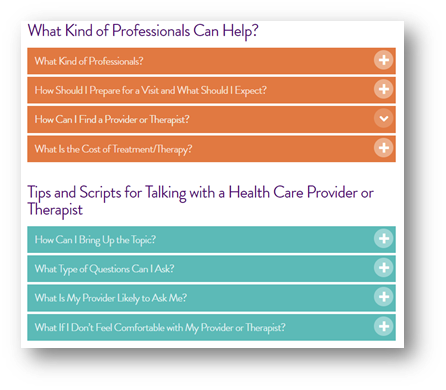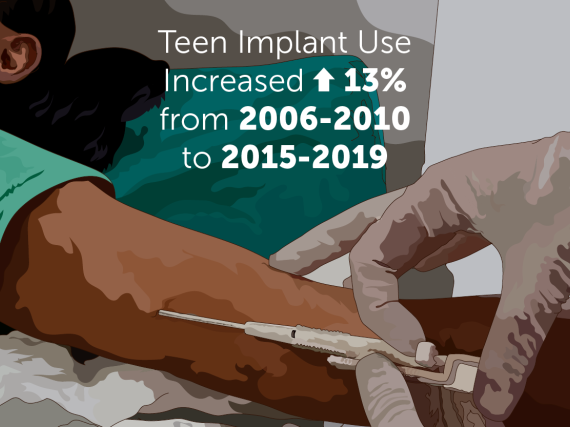A New Guide Addressing Sexual Health Concerns
Sexual health is just as important as physical and mental health but may sit on the back burner when it comes to upkeep. Just like physical health, some problems with sexual health are totally normal and common. In fact, 43% of women and 31% of men report at least one type of sexual difficulty in their lives.
Sex is supposed to be pleasurable, fun, exciting and relaxing - and it's a natural part of life.
Yet so many things can affect people’s sex lives. Stress, life changes, anxiety, past experiences, the list is truly endless. Of course, as with all other aspects of life, the current global pandemic has taken a toll on many people’s sex lives. A recent study released by the National Coalition of Sexual Health (NCSH) found that more than half of Americans (age 18-35) had sexual difficulties during the pandemic, including low sexual interest, mismatched sex drives, and trouble orgasming.
But problems in the bedroom aren’t confined to times of global pandemic. Sexual concerns and struggles happen across all ages and throughout various stages of life. To address sexual health concerns during the pandemic and beyond, the NCSH developed the Guide to Sexual Concerns and Pleasure, which details common sexual concerns and how to take action to address them.

Talking about sexual concerns and sex lives can feel awkward for so many people – but this guide offers solutions to commons concerns that people may prefer to not speak to anyone else about. Sexual health difficulties could be caused by a variety of environmental and physical, mental, and/or emotional health factors. Understanding the underlying cause is the first step to a more pleasurable sex life. The guide walks readers through common concerns as well as their potential root causes.

For many concerns, communication is key! Whether that is with a partner, provider, or even friends, many problems can be addressed by opening the lines of communication. For example, in the bedroom, letting a partner know what you like, don’t like, and how you are feeling can help bring you and your partner closer. This talk is not just one and done, it is a conversation that continues throughout a couple’s sexual relationship, and especially as preferences and lives change.
For those interested in finding a health care provider or sex therapist, this guide can help locate a nearby health care provider. And for anyone unsure how to start talking, the guide has scripts and tips for how to hold conversations with a provider or therapist about sexual health concerns.

Taking charge of your sexual health can help improve overall health and well-being. It’s okay if your sexual health is not the best, but understanding your concerns, their root causes, and how to address them will make all the difference in the bedroom. You don’t have to suffer in silence and you’re not alone! Remember – talking is power.



